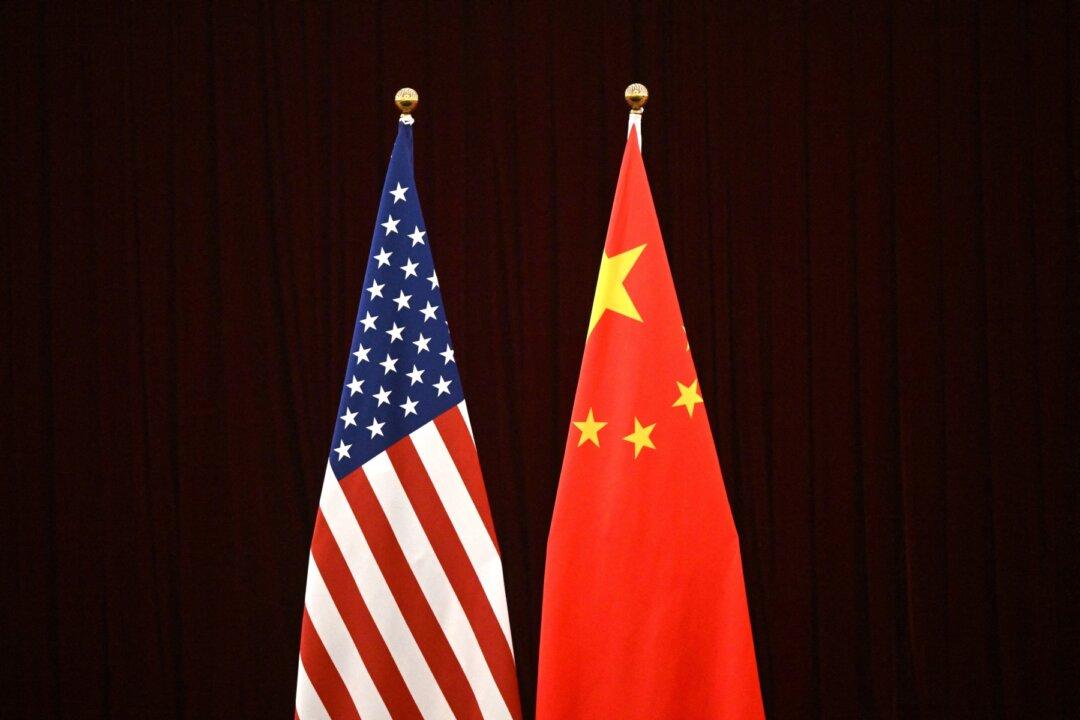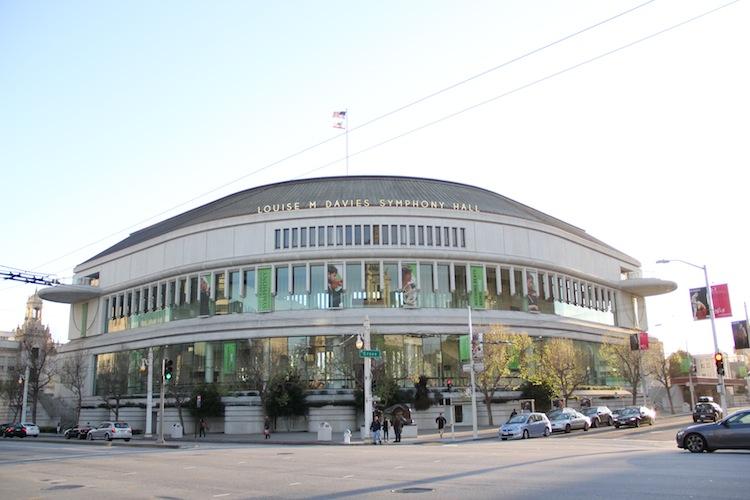Commentary
The United States (the West) cannot beat the Chinese communist regime at its game: centralization of money and power coupled to an industrial policy that floods the world with underpriced exports. Economic domination. For the West to match China, a nation with no history of human rights or democracy, which is China’s comparative advantage, the West would have to abandon its comparative advantage: social, political, and economic freedom.





